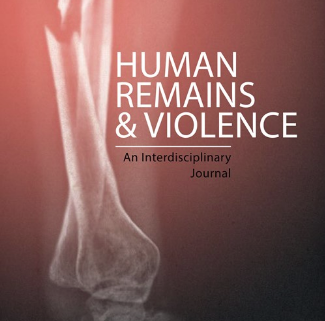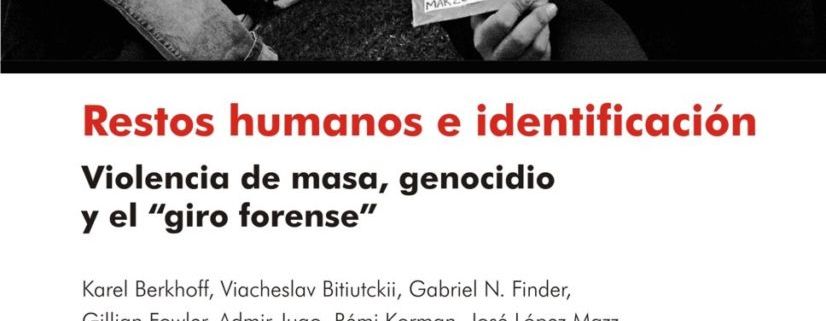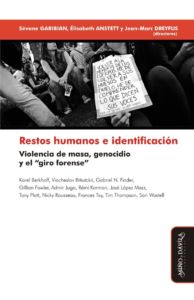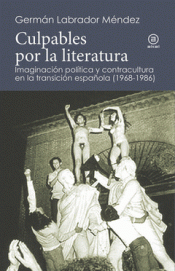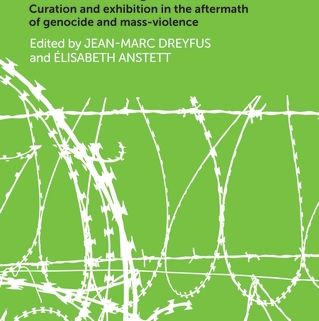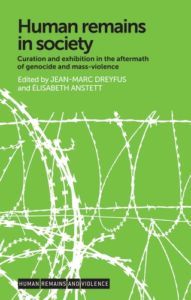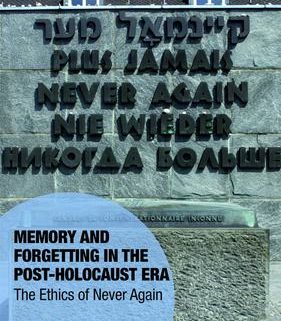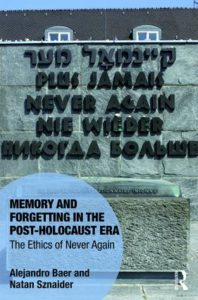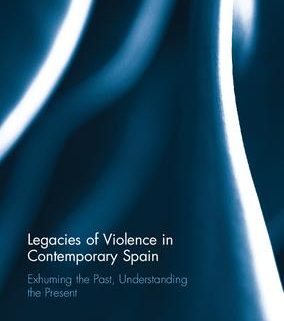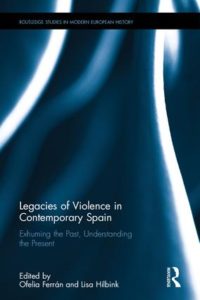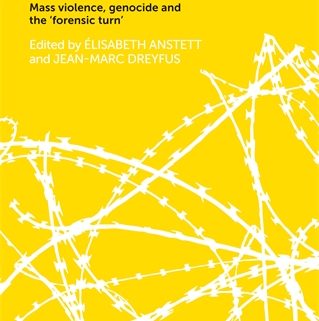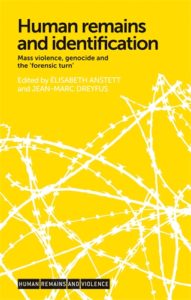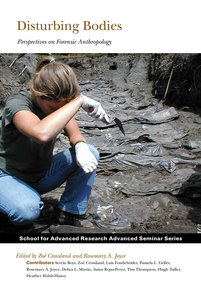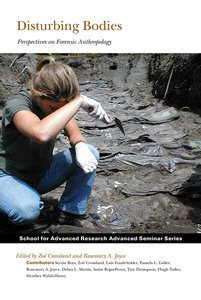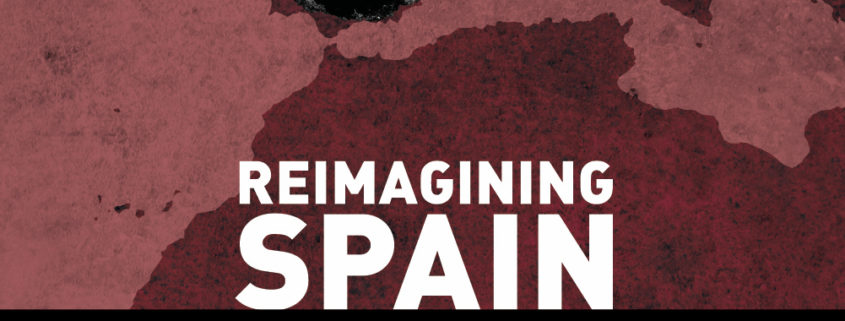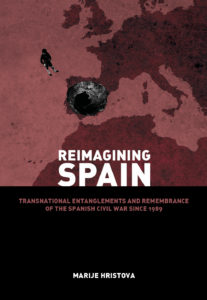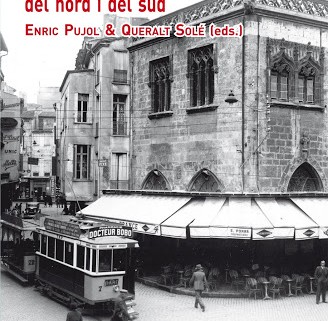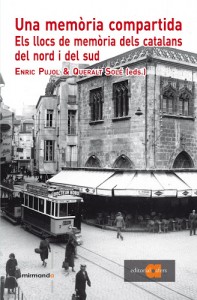Anstett, Élisabeth y Jean-Marc Dreyfus (2018) Human remains and violence. An interdisciplinary journal
| Fecha de publicación | Título | Editores | Tipo |
|---|---|---|---|
|
2018
|
Human Remains and Violence. An interdisciplinary journal. Volume 4, Number 1, Spring 2018 | Élisabeth Anstett y Jean-Marc Dreyfus | Revista |
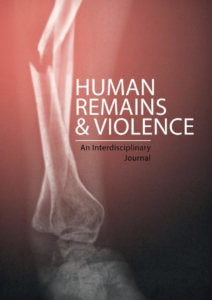
Human Remains and Violence: An interdisciplinary journal es una publicación bianual, revisada por pares, que reúne las diferentes ramas de la investigación académica en torno al cadáver y la producción en masa de restos humanos, ya sea en el contexto de la violencia masiva, genocidios o desastres ambientales. Intrínsecamente interdisciplinaria, la revista publica artículos de una variedad de disciplinas académicas en humanidades, ciencias sociales y ciencias naturales. Human Remains and Violence invita a contribuir a los académicos que trabajan en una variedad de campos y la investigación interdisciplinaria es especialmente bienvenida.
TABLA DE CONTENIDOS:
Editorial
pp. 1-2(2)
Authors: Fournet, Caroline; Anstett, Élisabeth; Dreyfus, Jean-Marc
Artículos:
Exposure: the ethics of making, sharing and displaying photographs of human remains
pp. 3-24(22)
Authors: Harries, John; Fibiger, Linda; Smith, Joan; Adler, Tal; Szöke, Anna
Pervasive death: Teresa Margolles and the space of the corpse
pp. 25-40(16)
Author: Bacal, Edward
Displaying dead bodies: bones and human biomatter post-genocide
pp. 41-55(15)
Author: Auchter, Jessica
Bone memory: the necrogeography of the Armenian Genocide in Dayr al-Zur, Syria
pp. 56-75(20)Author: Semerdjian, Elyse
Violence against and using the dead: Ethiopia’s Dergue cases
pp. 76-92(17)
Author: Metekia, Tadesse Simie
Book Reviews
pp. 93-104(12)

